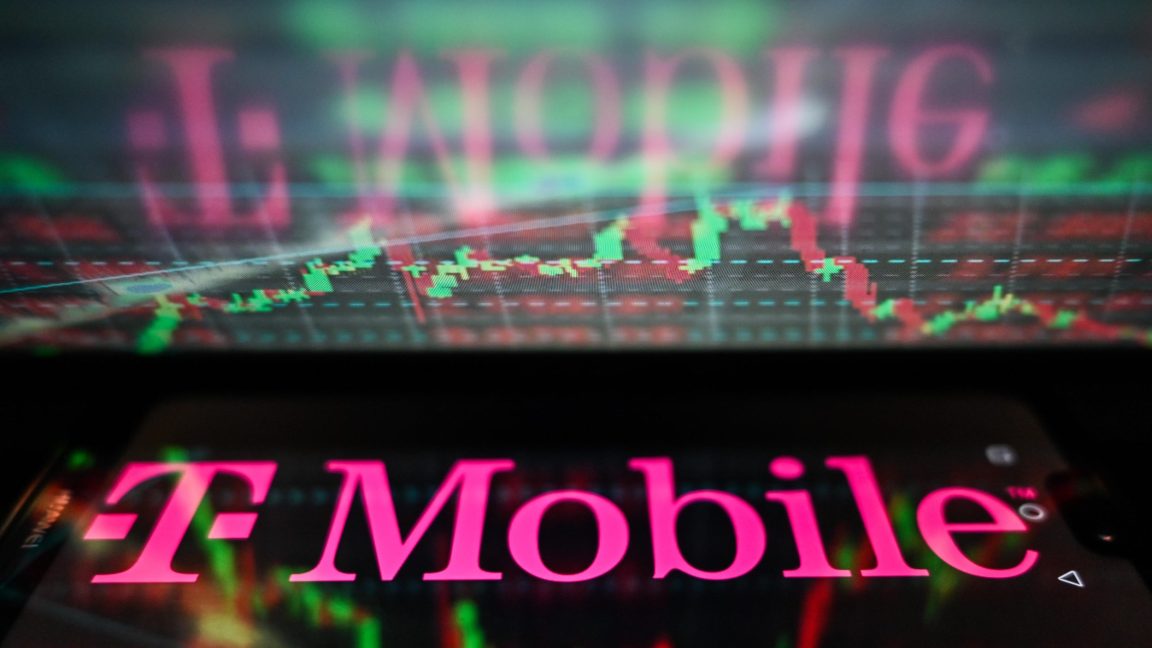T-Mobile has agreed to pay a $15.75 million fine and improve its security in a settlement over a series of data breaches over three years that affected tens of millions of customers.
"T-Mobile suffered data breaches in 2021, 2022, and 2023," the Federal Communications Commission Enforcement Bureau said in an order approving a consent decree yesterday. "Combined, these breaches affected millions of current, former, or prospective T-Mobile customers and millions of end-user customers of T-Mobile wireless service resellers, which operate on T-Mobile's network infrastructure and are known as mobile virtual network operators (MVNOs)."
Four breaches occurring over three years exposed personal information, including customer names, addresses, dates of birth, Social Security numbers, driver's license numbers, the features customers subscribed to, and the number of lines on their accounts.
The FCC investigated T-Mobile for several potential violations: failure to meet its legal duty to protect confidentiality of private information; impermissibly using, disclosing, or permitting access to private information without customer approval; failure to take reasonable measures to discover and protect against attempts to gain unauthorized access to private information; unjust and unreasonable information security practices; and making misrepresentations to customers about its information security practices.
"To settle these investigations, T-Mobile will pay a civil penalty of $15,750,000 and commit to spending an additional $15,750,000 over the next two years to strengthen its cybersecurity program, and develop and implement a compliance plan to protect consumers against similar data breaches in the future," the FCC said.
FCC touts “strong message” to carriers
The fine will be paid to the US Treasury. The FCC Enforcement Bureau said the security improvements that T-Mobile agreed to "will likely require expenditures an order of magnitude greater than the civil penalty here." T-Mobile reported $19.8 billion in revenue and $2.9 billion in net income in Q2 2024.
In a press release, the FCC touted the settlement as "a model for the mobile telecommunications industry." T-Mobile will "address foundational security flaws, work to improve cyber hygiene, and adopt robust modern architectures, like zero trust and phishing-resistant multifactor authentication," the agency said.



 Loading comments...
Loading comments...
